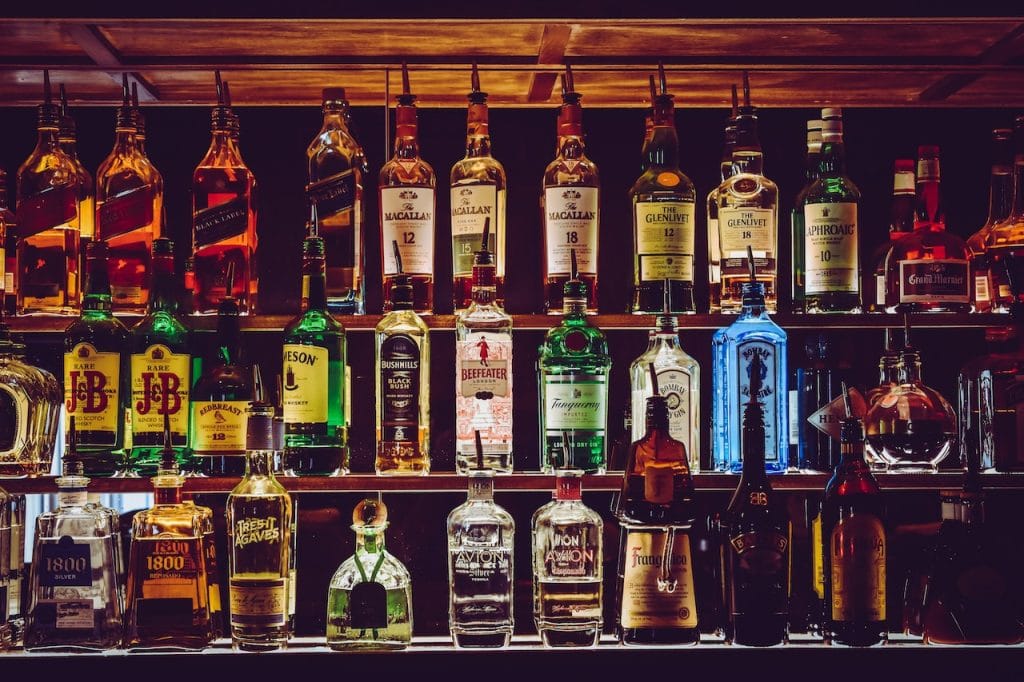It is believed that one of the effective methods to improve well-being after drinking too much alcohol is to get a hangover, that is, drink more in the morning. We decided to check whether a hangover can really be overcome in this way.
Advice on how to hangover with beer and other alcoholic drinks can be found on information And entertaining resources, blogs on "Zene" And "Peekaboo", on specialized alcohol-related portals. Users of services are interested in whether it is worth using this method questions And answers.
In a word "hangover“Two completely different conditions are often called: the consequences of alcohol intoxication, when a person has too much alcohol, and mild withdrawal syndrome (also known as withdrawal syndrome), when a person with an addiction experiences suffering due to giving up alcohol. The symptoms of these two conditions are similar: nausea, sometimes vomiting, headache, depressed psychological state. In case of withdrawal, hallucinations and convulsions are sometimes added.
Let's deal with intoxication first. Science still does not know the exact mechanisms of the occurrence of hangover symptoms, but researchers still identify several possible ones. Alcohol is a diuretic (diuretic), which causes dehydration, irritates the stomach and causes gastrointestinal disorders, affects liver metabolism and thereby helps lower blood sugar levels, disrupts sleep and biological rhythms. Moreover, our body perceives alcohol is like a toxin, so immune system tries to get rid of it, provoking symptoms such as nausea and increased sweating.
Hangover symptoms are comingwhen a person's blood alcohol concentration returns to zero. From this point of view, it is logical that if you drink more, the alcohol level will increase and the hangover will subside. However, at some point this dose will also be removed from the body - and the hangover will return. So this measure can only help delay a hangover, but not cure it. Moreover, when it returns, it may be even worse - research by scientists at Aarhus University (Denmark) confirmthat the severity of symptoms is influenced not only by the amount drunk, but also by the duration of the period of libations. Researchers interviewed 112 Danes on holiday three times over the course of a week about the amount of alcohol they drank and the severity of their hangover and found that by the end of the week-long holiday, which was accompanied by frequent alcohol consumption, the symptoms became more pronounced. Same opinion adhere to and researchers from Brown University (USA), adding that the decision to get drunk can also lead to further drinking (in other words, binge drinking).

However, many types of alcohol contain congeners - by-products of the production of ethanol (the same alcohol suitable for consumption), which gives drinks color, taste and aroma. One type of congener is methanol, an alcohol that in high concentrations can cause severe poisoning and lead to blindness or even death. Accordingly, the more it contained in the drink, the stronger the intoxication will be. As a rule, dark drinks contain higher (but still relatively safe) amounts of this substance (for comparison, brandy contains 4766 mg/l, and vodka contains only 102 mg/l). Ethanol, in turn, is an effective means treatment poisoning methanol, so it is likely that some alcohol can actually reduce the severity of hangover symptoms. However, we did not find a single high-quality study or recommendation from a reputable medical organization that would advise treating alcohol poisoning in this way.
Moreover, there are practically no clinical recommendations on any method of treating hangover caused by intoxication. In 2005, an international group of scientists made review There were no existing studies on the effectiveness of various products that are considered hangover cures, and could not find evidence that they actually work. The scientific papers included in the review were devoted to dietary supplements with plant extracts (borage, artichoke, prickly pear), yeast, fructose, glucose and some other substances. Scientists have concluded that the only way to avoid a hangover is moderation in drinking alcohol.
The only thing reputable medical organizations advise is to wait until the hangover goes away naturally. For example, specialists from the Mayo Clinic, a large independent research center in the USA, notethat the only effective cure for a hangover is time. However, symptoms can be relieved by taking painkillers or foods that raise blood sugar levels, and drinking plenty of water. Similar tips give and experts from Harvard Medical School. They, by the way, also mention drinking alcohol as a popular means of relieving symptoms, but emphasize that this will not get rid of a hangover, but will only delay the inevitable. Doctors from the Cleveland Clinic, a nonprofit medical research center, also thinkthat the best hangover cures are water and time. And yes, they also warn against the temptation to get drunk, as this may alleviate the symptoms a little in the moment, but will prolong the period of malaise.
In contrast to the symptoms of intoxication, reasons withdrawal symptoms are well known to science. Ethanol contained in alcoholic beverages works as a central nervous system (CNS) depressant, which the body becomes dependent on with prolonged exposure. When the depressant is stopped, the central nervous system becomes overstimulated, resulting in withdrawal symptoms. Taking a dose of alcohol can really relieve them, but here we are talking about alcoholism, so this is not a “cure” for a hangover, but simply maintaining addiction. In this case, it is necessary to deal with the root cause, and it is better to seek help from specialists.
Thus, since the specific mechanisms for the occurrence of hangover symptoms are not clear, an effective treatment for them has not yet been discovered. The only way to avoid unpleasant consequences is to reduce the dose of alcohol consumed. If this has already failed, you just need to survive the hangover. Painkillers, food, water and rest can help relieve symptoms. If we talk about a hangover as a withdrawal syndrome for those who chronically abuse alcohol, a dose of alcohol can really relieve withdrawal symptoms. However, in this case, medical assistance is needed not to relieve symptoms, but to treat alcohol dependence.
Mostly not true
Read on the topic:
- Is it true that a hangover occurs due to mixing different alcohols?
- Is it true that lowering the strength of alcoholic drinks leads to faster intoxication and a more severe hangover?
- Is it true that there is a safe or even healthy dose of alcohol?
If you find a spelling or grammatical error, please let us know by highlighting the error text and clicking Ctrl+Enter.






